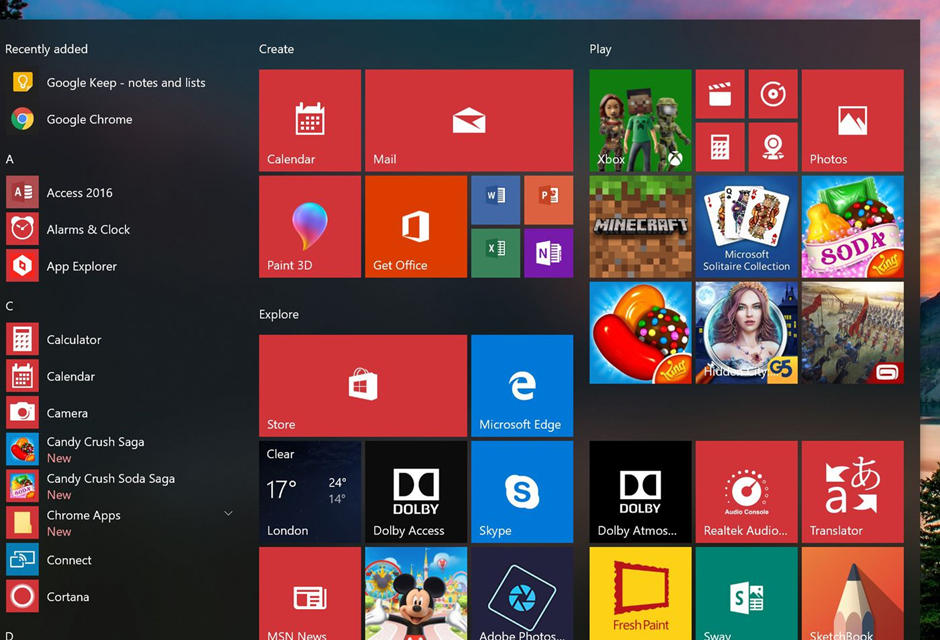Ever picked up a brand-new smartphone and wonder why there are so many seemingly unnecessary apps that make little sense? And when it comes time to trying to remove them, they stick around and can’t be removed? It all comes down to advertisers, the same that can be seen through your favorite gaming options like these international casinos which advertise, through advertisements on your favorite videos, or through other big tech as smart devices are advertising more too – the advertisers have helped to develop parts of the device, and in return their app is on the device. But what should be done with bloatware, and can it be removed?
The easiest way to remove bloatware from phones is through a process called rooting – this involves installing a manufacturer default version of the device operating system which removes all things unnecessary and just the basic processes needed to run the device and is becoming more common for Android users in particular, for iPhone users this was more commonly referred to as jail-breaking – care does need to be taken when doing so as it can often void any warranty and make official repairs no longer possible, but doing so correctly can also increase the life span of a device and have it run better than previously.
For the most part, bloatware tends not to serve any purposes other than being an advertising tool, but some may have an acute usage but can probably better be done with external software, as such for the most part it does tend not to serve any purpose so can easily be removed without worry that it will impact some other part of the device or cause another app to no longer function. It’s often seen in other devices too with new laptops, new PC’s and other similar tech all coming with it- there have been suggestions that some authorities will crackdown on this, but if it does continue to be used for advertising purposes it may be harder to remove in its entirety. Other forms of bloatware have been installed in the form of antivirus programs and similar too for the same purposes, used as an advertising tool but often being unfit or less than perfect for the purposes they’re installed for.
Things are getting better but there’s a long way to go until bloatware is removed and agreed upon to be something no longer needed, but so long as it is still primarily used as an advertising tool it will likely stick around for some time yet.















